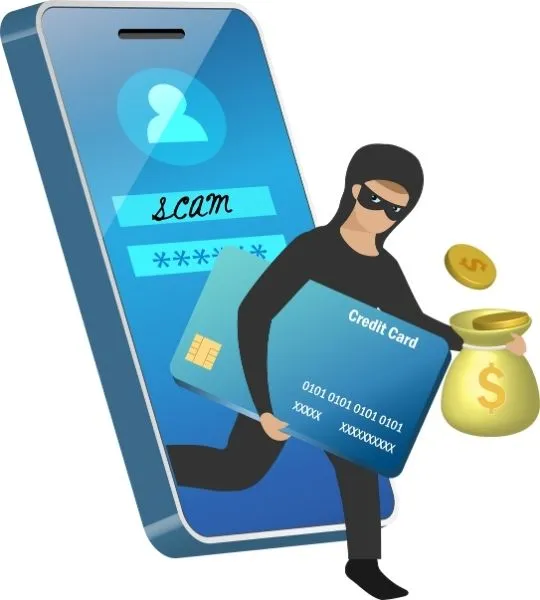8 min Read

8 min Read

Unfortunately, as more students search for scholarships, more shady websites and fake programs pop up to take advantage of that desperation. Some ask for money. Others ask for personal data. A few just vanish with your hopes and documents.
But here’s the good news: with a sharp eye and a few simple checks, you can spot the fakes before they waste your time (or worse).
Let’s break down the most common red flags — and how to protect yourself like a pro.
❌ Big red flag: You’re asked to pay an “application fee” or “processing fee.”
Real scholarships don’t ask for money. Ever.
⚠️ Important note: Some legitimate universities charge an application fee as part of their admissions process — even if that same application is used to consider you for a scholarship.
The difference?

Example:
To apply for a Master’s program at University X, you may need to pay €50. But once you apply, you're also automatically considered for the university's scholarships — no extra fee.
On the other hand, if a random site asks you to pay just to apply for a “scholarship” — especially without any connection to a university or program — that's a red flag.
What to do:
A legit scholarship should have a clear website, ideally linked to a university, government, or trusted organization.
🚩 Red flags include:
What to do:
“If you apply now, you’re guaranteed to get selected!”
“Win $10,000 without writing an essay!”
If it sounds too easy, it probably is. Real scholarships are competitive and transparent — not magical money machines.
What to do:
It's normal to send documents like transcripts or passports later in the process — after verifying the program is real.
🚨 Red flag: They ask for documents or ID numbers before even telling you what the scholarship is about.
What to do:

Real scholarships have structure:
Fake ones often say things like “ongoing” or provide no timeline at all — because they’re not expecting you to follow up.
What to do:
Scholarship scams prey on students who are stressed, rushed, or uninformed.
But now that you know the signs, you're way ahead of the game.
✅ Don’t pay to apply (Unless for university admission applications)
✅ Double-check the source
✅ Watch out for sketchy promises or vague info
✅ Trust your instincts — if it feels off, it probably is
Stay sharp, stay safe — and stick to trusted platforms to avoid the traps.